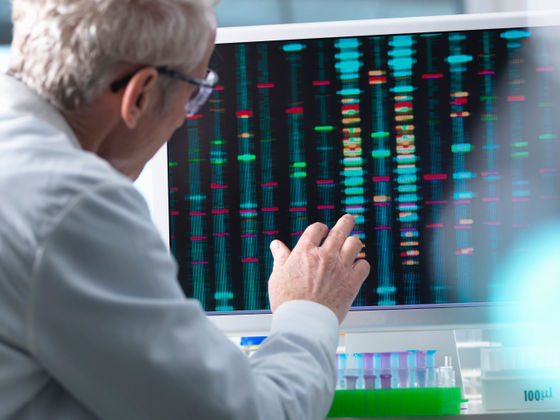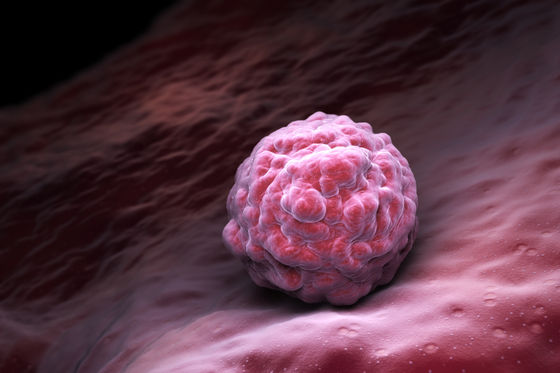A groundbreaking treatment that uses cancer genes to drive immortal cancer cells to suicide

In the human body, 60 billion cells are replaced by new ones every day through a process called
Relocalizing transcriptional kinases to activate apoptosis | Science
https://www.science.org/doi/10.1126/science.adl5361
Scientists glue two proteins together, driving cancer cells to self-destruct | News Center | Stanford Medicine
https://med.stanford.edu/news/all-news/2024/10/protein-cancer.html
The discovery of this new treatment originated from an idea that Gerald R. Crabtree, a cancer biologist in the Department of Pathology at Stanford University, came up with while walking in the forest: 'Using apoptosis to induce cancer cells to self-destruct.'
'It was at that moment that we realized, 'Ah, this is the cancer treatment we've been looking for.' We've always wanted the same specificity that allowed us to wipe out 60 billion cells without killing the extra ones. So the unwanted cells wouldn't get killed.'
Conventional cancer treatments, such as chemotherapy and radiation therapy, kill not only cancer cells but also healthy cells in large numbers. On the other hand, a study published in the scientific journal Science on October 4, 2024, proposes the development of a 'molecular adhesive' that bonds two unrelated proteins and its application to cancer treatment.

One of the two proteins is
Crabtree's research team designed a molecule that turns on the apoptosis genes that BCL6 turns off by attaching a protein called CDK9, an enzyme that promotes gene activation, to BCL6.
'The idea is, can we kill cancer with the genes that cancer cells rely on? Take something that cancer relies on to survive and turn it into something that kills the cancer,' explained Nathaniel S. Gray, co-senior author of the paper.

When the team tested the molecule on mouse DLBCL cells, it was indeed successful in killing the cancer cells, and when they tested it on healthy mice, it killed a type of normal B cell, but without causing any harmful side effects. The team is now testing the molecule on mice with DLBCL to verify its ability to kill cancer cells in live animals.
This method uses two types of proteins that cells naturally have, and is thought to be highly specific to lymphoma cells, meaning it can target only lymphoma cells. In addition, while cancer cells quickly overcome their weaknesses, it is expected that BCL6 will be less likely to develop resistance because it acts on 13 types of apoptosis-promoting genes.
'Since the discovery of oncogenes, cancer treatments have focused on suppressing such genes,' said Roman Sallot, co-author of the paper. 'But our goal is to use oncogenes to turn on signals and use them to treat cancer.'
Related Posts:
in Science, Posted by log1l_ks







